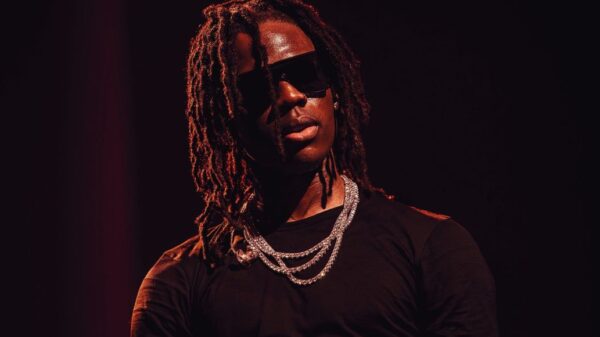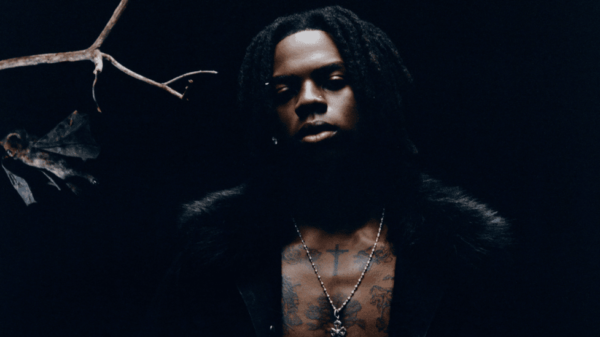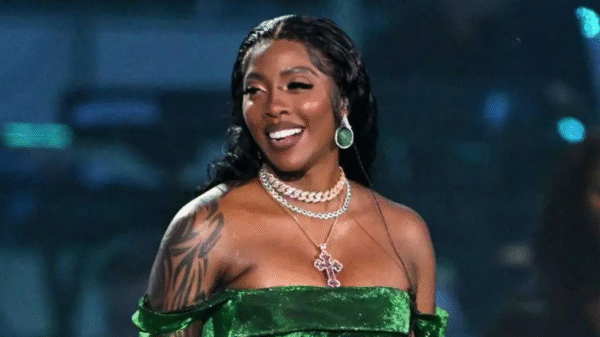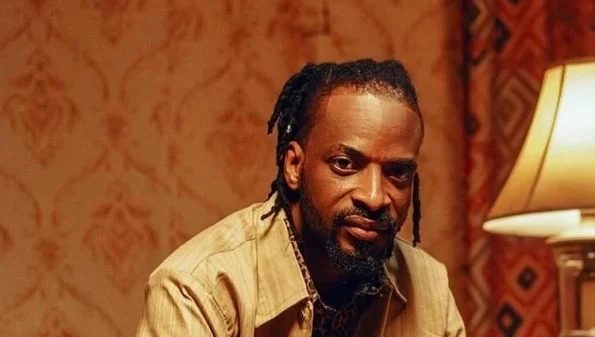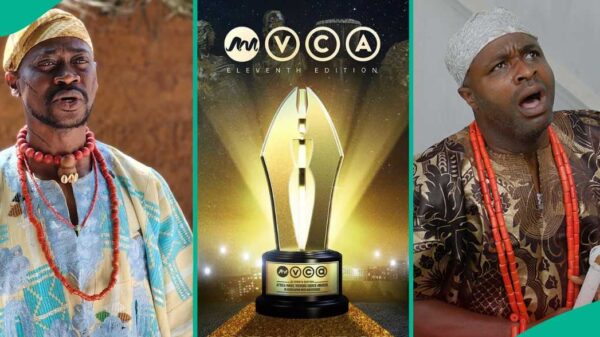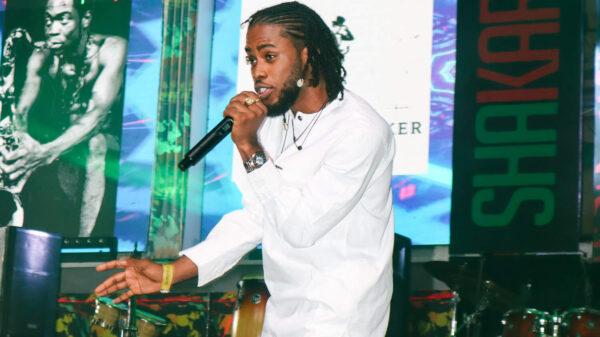Nollywood actress and producer Toyin Abraham has ignited a heated debate on social media after being accused of illegally orchestrating the arrest of a social media user and his mother for defamation.
During an Instagram live session on Wednesday, the actress refuted these allegations, stating that she had filed a petition against cyberbullies who defamed her online. Toyin expressed her frustration over being bullied online, particularly because of her support for President Bola Tinubu during the last general elections.
Social media has since been abuzz with mixed reactions. Some users support Abraham’s decision to combat cyberbullying, while others accuse her of censorship and intimidation. The incident has sparked a broader conversation about the limits of free speech online and the responsibilities of public figures to protect their reputations.
@AjeboDanny on X commented:
“If Ayo is not released today, we will start mass-reporting Toyin’s Instagram page and then move to send emails to Netflix. Can someone do a list of Toyin’s movies on Netflix and Prime, so we know what titles we are adding to the emails.”
Adding fuel to the fire, another X user, Faiza Mahmud, shared an email template to facilitate the reporting process:
“Dear Netflix Team, I am writing to address a concerning issue regarding a producer/actress who has been engaging in oppressive and bullying behaviour toward Nigerians on Twitter. She goes by the name Mrs Toyin Abraham. As a community, we feel strongly that her movies should be boycotted. Observing such mistreatment directed at Nigerians is disheartening, especially considering the diverse and inclusive content that Netflix is known for. It is imperative for Netflix to investigate these incidents and take appropriate action to ensure that all content creators uphold respect and dignity for every culture and community they represent. I urge Netflix to take a firm stand against such behaviour and demonstrate a commitment to fostering a welcoming and inclusive environment for all audiences.”
The debate continues to rage, with some praising Abraham for her stand against cyberbullying and others criticizing her for allegedly using her influence to silence critics.













